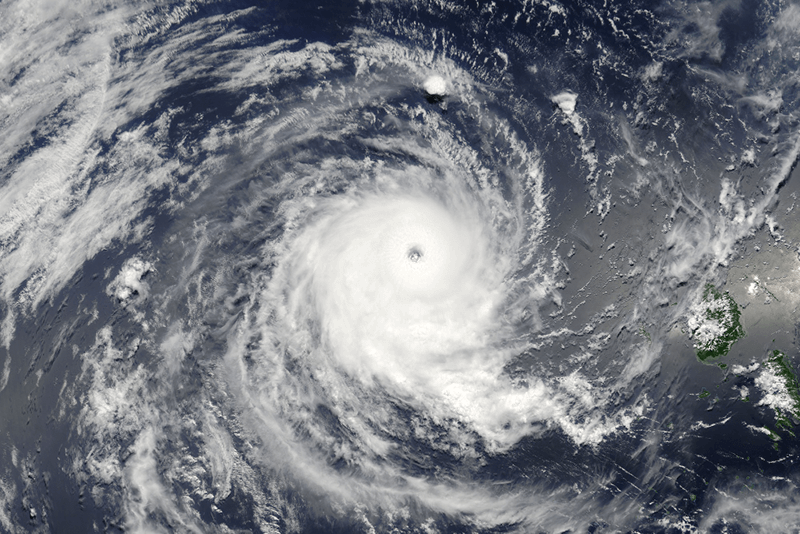Less than a month after the disastrous flood Hurricane Florence swamped South Carolina, tropical storm Michael arrived. Health hazards after such natural catastrophes are not that easy to document and manage. In its latest ICD-10-CM Official Guidelines for Coding and Reporting for FY 2019, the Centers for Disease Control and Prevention (CDC) have updated the guidelines for using external cause of morbidity codes after a hurricane. Starting October 1, 2018, these guidelines have become valid. With these guidelines, healthcare providers as well as medical billing and coding companies can learn how to use these codes in the right way. There are also reports saying that the external cause codes referenced in this guidance have been in place since the ICD-10-CM code set was implemented on October 1, 2015.
Individuals may be exposed to chemicals or infectious disease pathogens through contaminated floodwater. There are also chances for waterborne disease outbreaks and serious infections after such catastrophic events. According to the CDC, mold in the house after flood can cause eye and skin irritations, allergic reactions and asthma attacks and can be especially dangerous to those who already have weakened immune systems.
Here’s how physicians and coding professionals can use external cause of morbidity codes to document injuries sustained by patients after a hurricane.
Supplemental to the application of ICD-10-CM codes, external cause of morbidity codes should be assigned to identify the cause of injuries incurred as a result of the hurricane. Never to be recorded as a principal diagnosis, these codes capture how the injury or health condition happened – the place where the event occurred, the activity of the patient at the time of the event, and the person’s status. It is recommended that these codes should not be assigned for encounters to treat hurricane victims’ medical conditions when no injury, adverse effect or poisoning is involved.
“X37” is a major code that indicates cataclysmic storm. For hurricane, it is critical to assign the appropriate code(s) for the injuries, followed by the code “X37.0-“,
- X37.0 Hurricane
- X37.0XXA Hurricane, initial encounter
- X37.0XXD Hurricane, subsequent encounter
- X37.0XXS Hurricane, sequela
Code “X38.-” is to be assigned when an injury is from flooding resulting directly from the storm.
- X38 Flood
- X38.XXXA Flood, initial encounter
- X38.XXXD Flood, subsequent encounter
- X38.XXXS Flood, sequela
For other causes such as injury caused by collapse of a dam or any building, assign code “X36.0.-”
- X36.0 Collapse of dam or man-made structure causing earth movement
- X36.0XXA …… initial encounter
- X36.0XXD …… subsequent encounter
- X36.0XXS …… sequela
Use of the code “X36.0-” is also limited to collapse of man-made structures due to earth surface movements, not due to storm that surges directly from a hurricane.
For injuries caused by other reasons such as a motorcycle accident, medical coders can assign the suitable external cause of morbidity code(s), but do not assign code “X37.0-“, Hurricane. Instead, use other external codes such as
- W54.0 Bitten by dog
- X30 Exposure to excessive natural heat
- X31Exposure to excessive natural cold
Z-codes can be used to explain the reasons for presenting for healthcare services, including transfers between healthcare facilities.
- Z59.0 Homelessness
- Z59.1 Inadequate housing
- Z59.5 Extreme poverty
- Z75.1 Person awaiting admission to adequate facility elsewhere
- Z75.3 Unavailability and inaccessibility of health-care facilities
For further details, you can read CDC’s guidelines that are specific to health care encounters in the aftermath of a hurricane, pages 19-20.
Hospitals considering medical coding outsourcing must ensure that their partnering company’s coding team assigns as many codes as necessary to fully explain each healthcare encounter.




